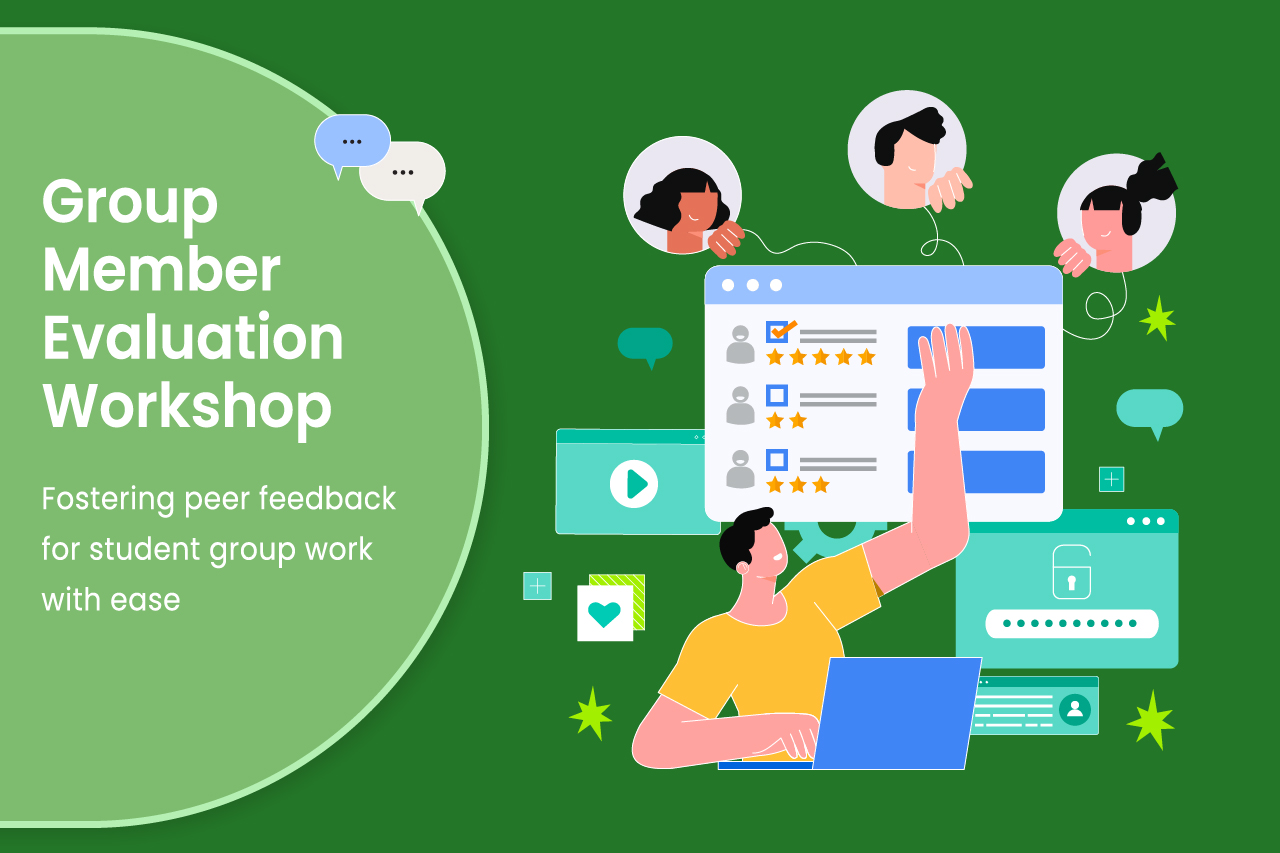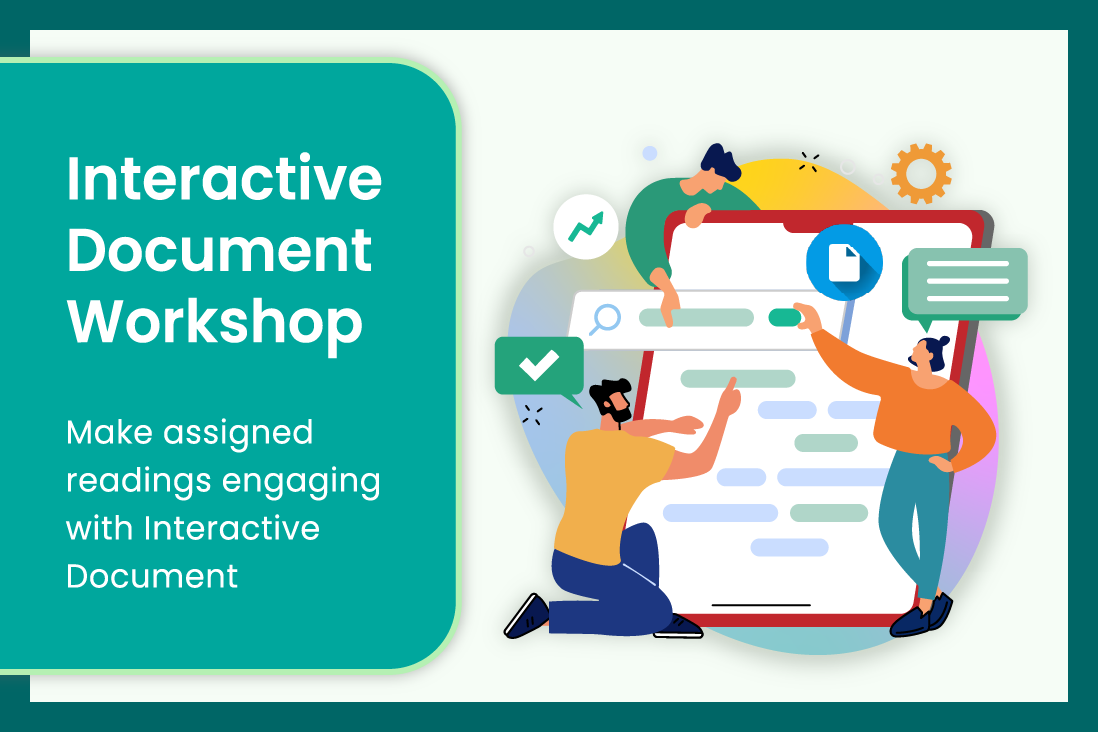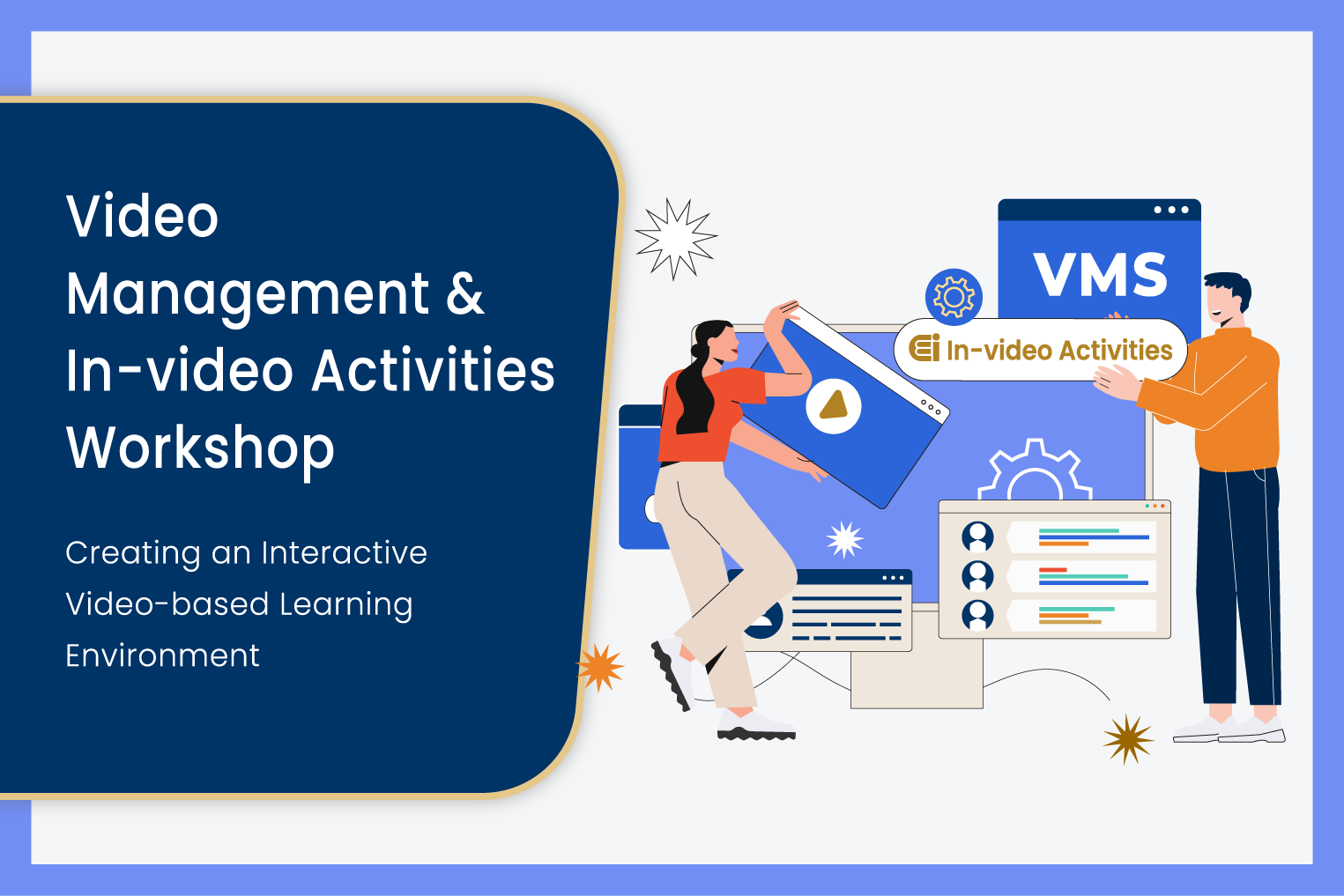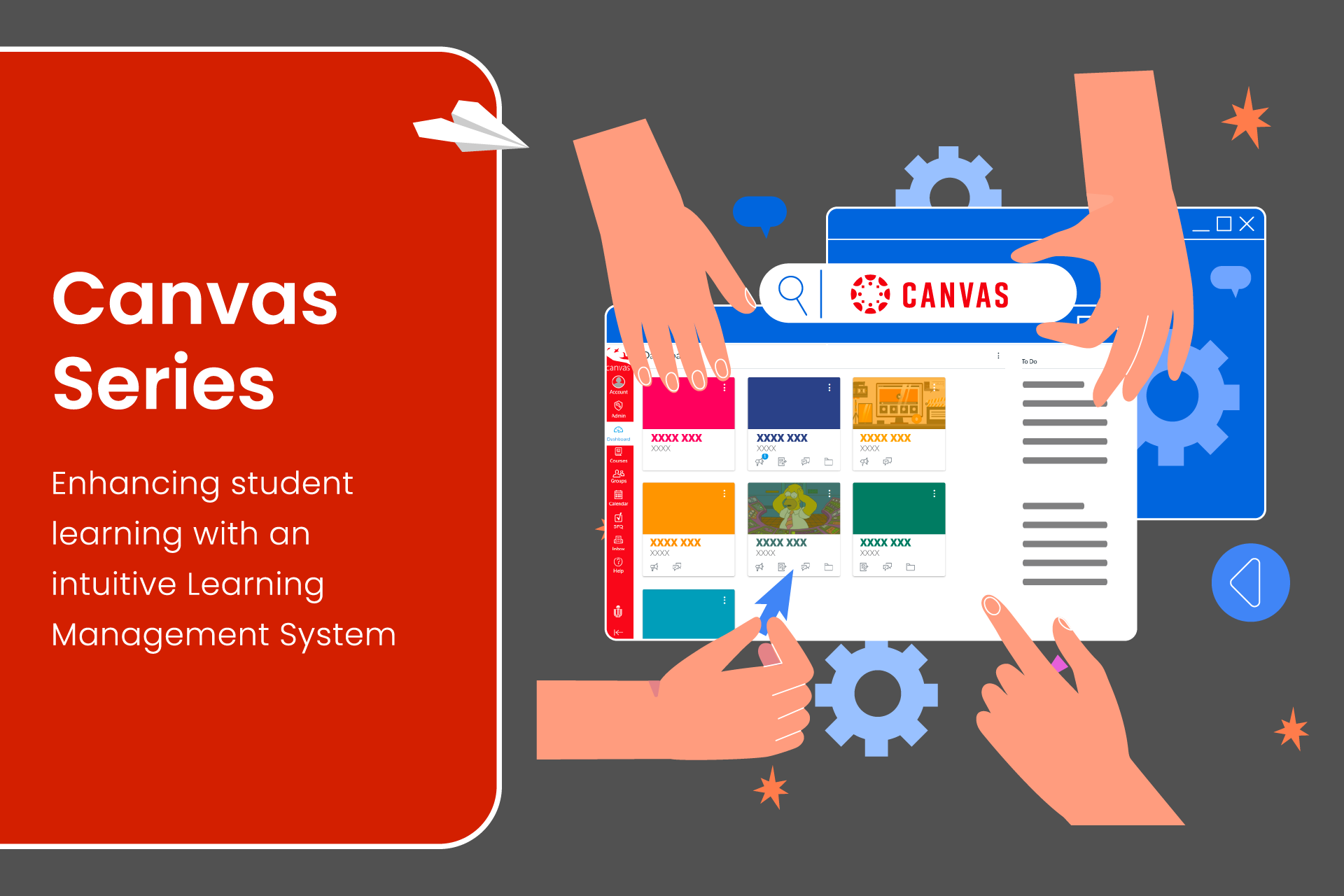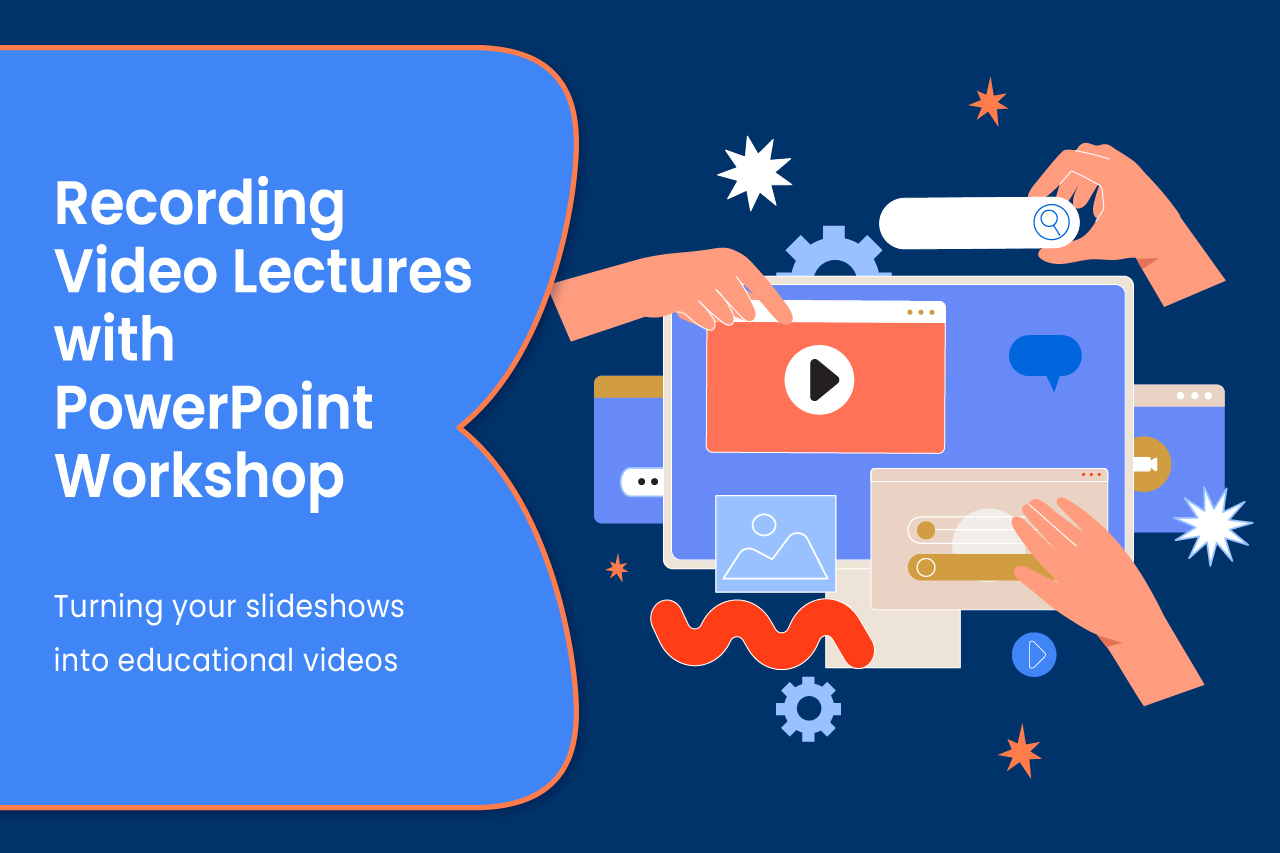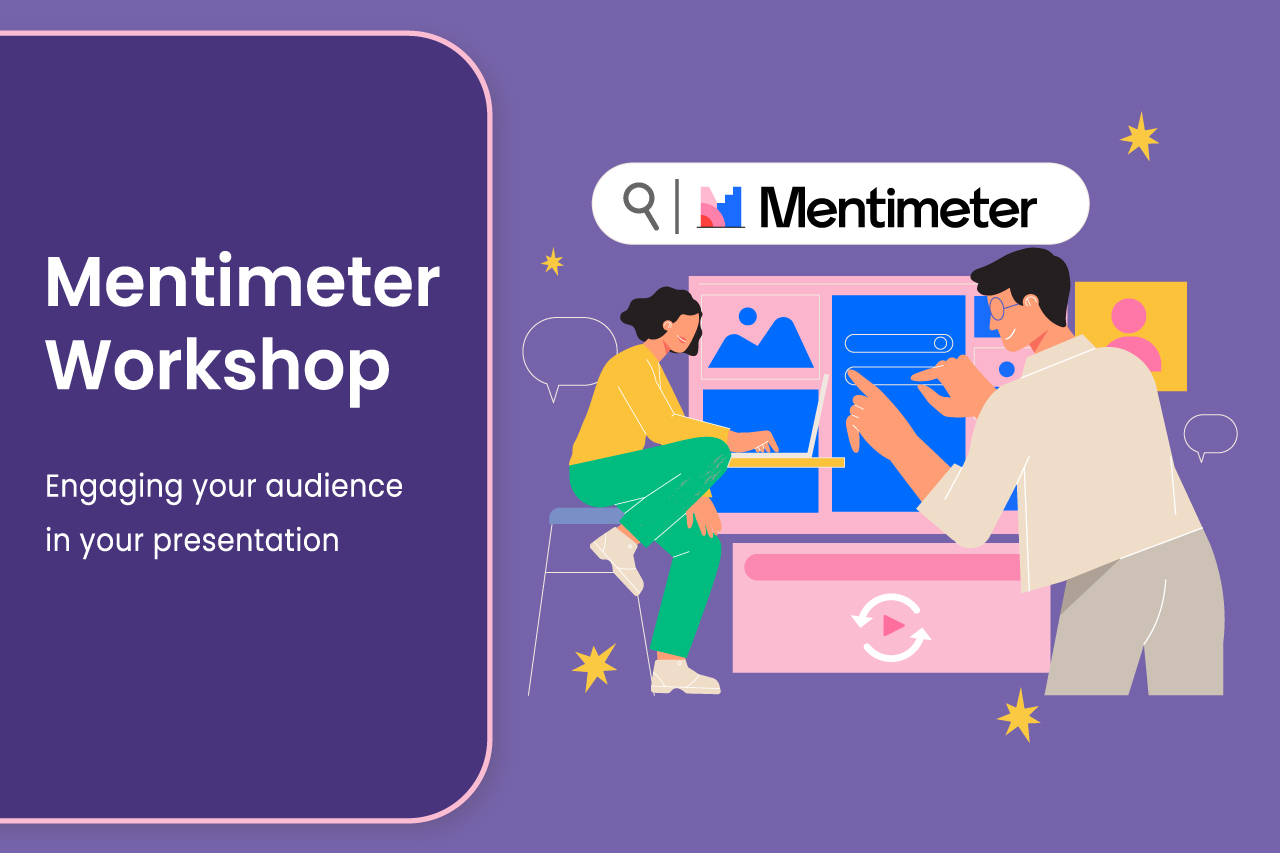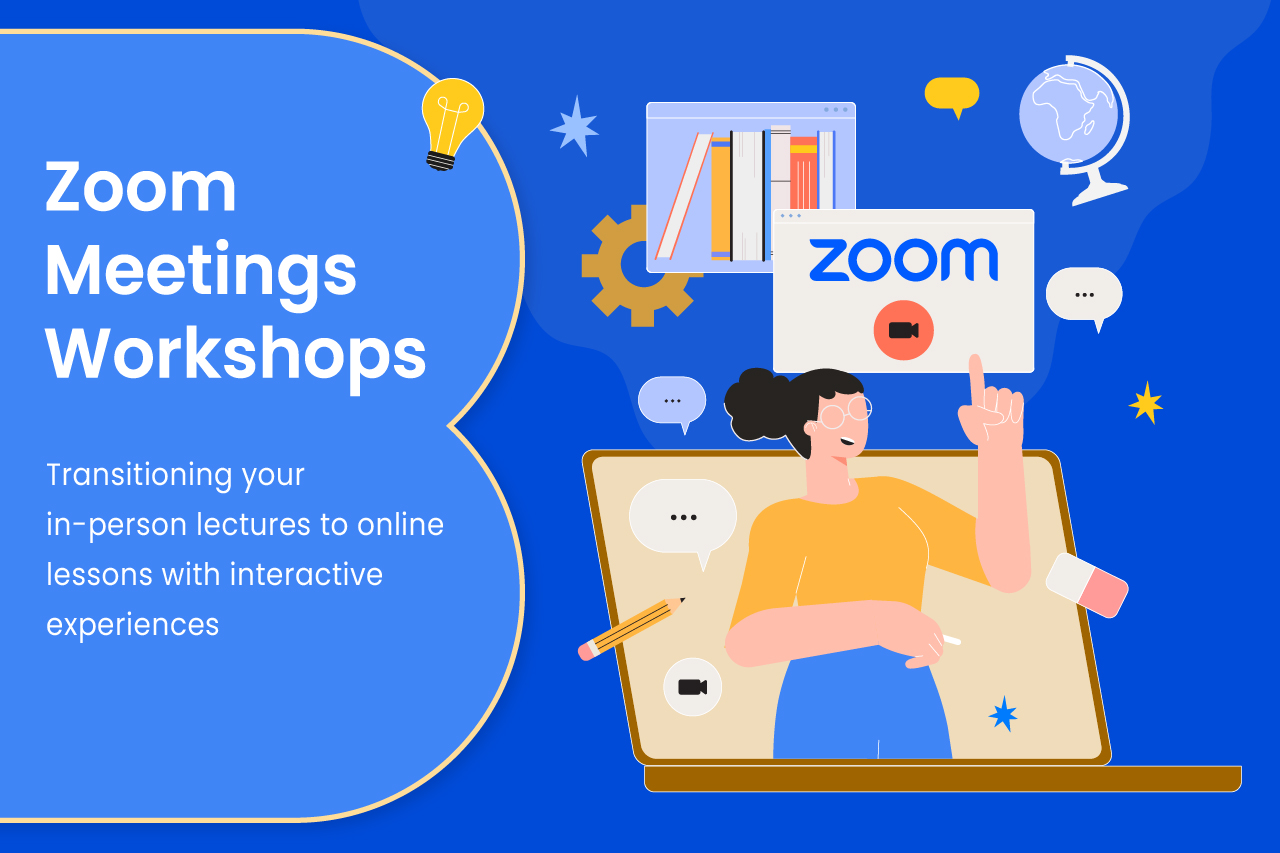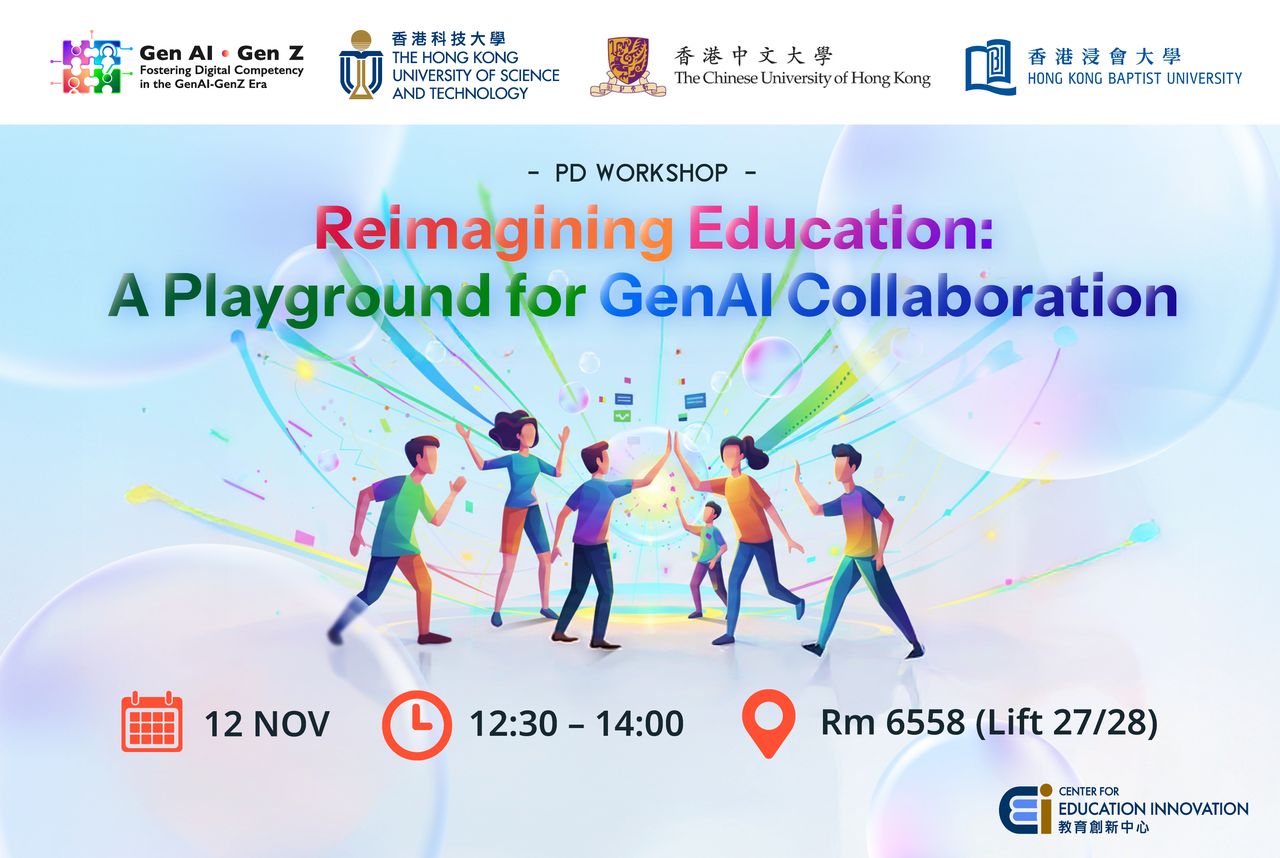Digital & graphical teaching innovations for laboratory instruction and science communication
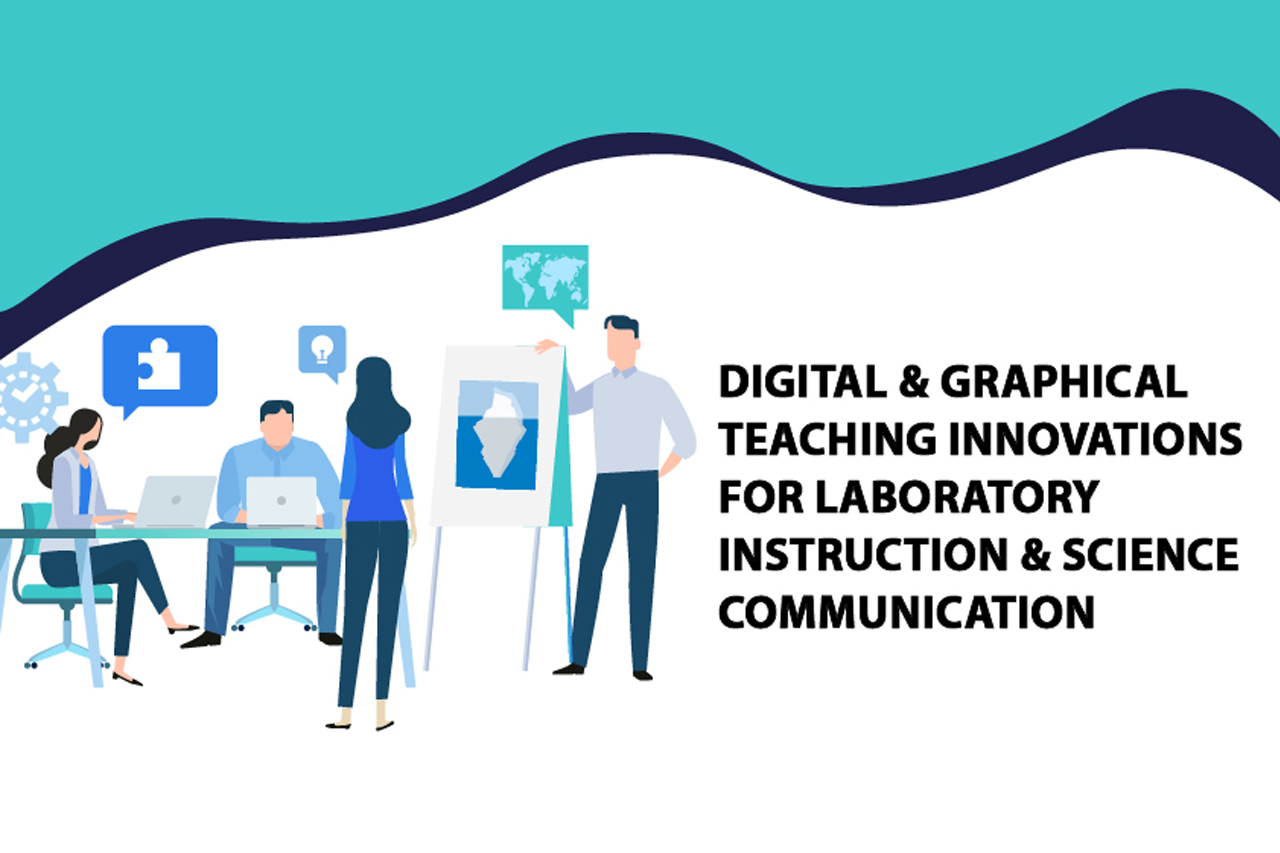
Overview:
In science education, laboratory is an important learning element for students because it provides opportunities for them to practice science and develop scientific reasoning abilities.
In this seminar, Dr Richard Blackburn shared his work at Leicester which focused on designing activities and instructional methods centered upon better equipping students for their future careers. He also highlight three key projects, and how these projects equip students with transferable skills, science communication skills and problem solving skills.
Highlight 1 (Transferable Skills):
We had concerns with student cognitive overload and the problems associated with lack of student preparedness for practical sessions and their unfamiliarity with common laboratory apparatus and techniques. This was preventing students from appreciating the tertiary skills they were developing in labs and from linking to the theory from their lectures. To this end we developed a series of instructional videos for the laboratory techniques, before complementing these with a suite of dynamic laboratory simulations. The opportunity to practice, receive live feedback and interact with a simulated experiment/apparatus has seen a high level of engagement from the undergraduates. Consequently student attitudes toward the labs have improved, as has their confidence toward specified techniques. To conclude this project we have since designed a virtual version of the teaching lab to enable students to familiarise themselves with the environment as a whole, which has improved attitudes towards the practical sessions further and increased the amount of time available during sessions to discuss and evidence the transferable skills.
Highlight 2 (Communication):
The ability to communicate science is fundamental to ensure our work is funded, accountable to the public and is a vital skill for any science graduate seeking employment/further study post university. Students were asked to each create an infographic based on one of their host department’s research articles as a new exercise for the “science communication” aspect of the degree. The use of local articles helped to connect students to the research of their lecturers and helped to contextualize why certain lecturers had been chosen to teach that subject. Students also agreed that the activity helped them to recognise what research is associated with the traditional inorganic, organic and physical chemistry lecture themes. Additionally students found the infographic assignment a fun and useful way to distil information and it facilitated easier communication of complex research to a potentially novice audience.
Highlight 3 (Problem Solving):
To improve student’s ability to problem solve and retain complex information, we have tried to embed synthetic design and critique throughout our theory modules at Leicester. For an advanced-level module associated with designing drug syntheses, a set of homework tasks were created to help students prepare for their exam. Students were asked to solve the next case study as homework, effectively writing the next lecture’s notes in advance of the session using requisite knowledge and moderate instructor guidance. The students who did the homework were very complimentary of the homework activities and the collected feedback data clearly suggests that they had been effective towards exam preparation and confidence with synthesis problems. The provision of these activities made students better problem solvers, and we have embedded similar activities throughout the course.
Speaker:
 |
Dr Richard Blackburn is a Lecturer (Teaching-Focused) at the University of Leicester, the U.K., with an interest in delivering organic, pharmaceutical and synthetic chemistry. Since arriving at Leicester, he has used a pragmatic approach that blends intended learning outcomes with employer needs and current research developments in the field. He has pedagogically created lecture courses that are synoptic focused, research-inspired, and delivered using a variety of methods (models, interactive quizzes, videos/animations, C/PBL) through a blended learning environment. For practical modules, he has used technology to assist students with their new environment and the unique techniques and equipment therein. He has received numerous teaching awards including Digital Innovation Partnerships (2018, 2019), Merit Award (performance) (2017), Superstar Award (student nominated teaching award) (2017), and Leicester Discovering Excellence (teaching and learning) Award Finalist, (2016/17). |
|---|
| Date: | 20 DEC 2019 (FRI) |
|---|---|
| Time: | 12:30 – 13:45 |
| Venue: | Room 6558 (Lift 27/28) |
| Co-Organized by: | Department of Chemistry and the Center for Education Innovation (CEI) |
| Materials: | PowerPoint Presentation Video |


